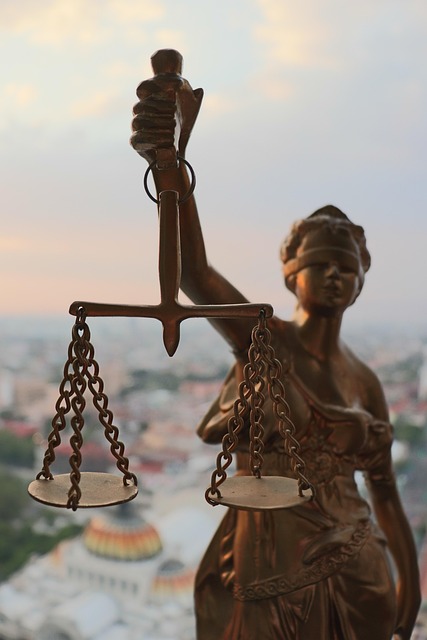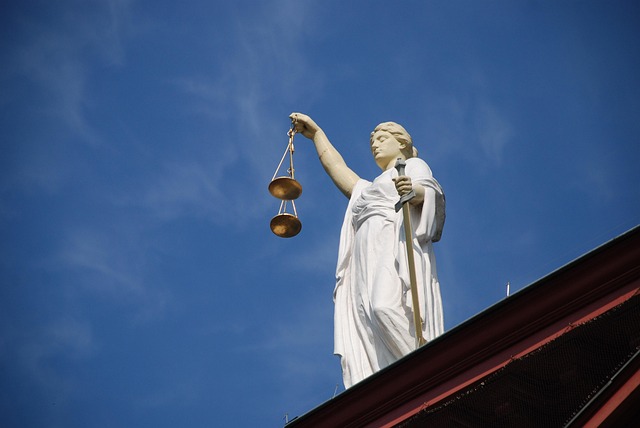Corporate Crime Investigations tackle Complex Litigation involving Common Securities Regulation Breaches, demanding meticulous documentation, digital evidence, and testimony analysis. Reputable firms excel in solving high-profile cases, ensuring legal standards are upheld to maintain market integrity. These inquiries target insider trading, fraudulent reporting, and stock manipulation, aiming for justice while clearing innocent parties. Litigious strategies, evidence collection, and expert witnesses play key roles in securing convictions or dismissing charges. Prevention involves strengthening regulations, tightening enforcement, and implementing robust general criminal defense strategies.
Corporate crime investigations are a critical aspect of maintaining integrity in the business world. This comprehensive guide delves into the intricate process, from understanding the nuances of corporate criminal behavior to strategies for evidence collection and litigation. We explore common securities regulation breaches as a significant concern, offering insights into preventing future misconduct. By examining real-world cases and best practices, this article provides valuable knowledge for legal professionals navigating complex corporate investigations, emphasizing the importance of robust evidence in litigating Common Securities Regulation Breaches.
- Understanding Corporate Crime Investigations
- Common Securities Regulation Breaches
- Litigation Strategies and Evidence Collection
- Preventing Future Corporate Criminality
Understanding Corporate Crime Investigations

Corporate Crime Investigations delve into complex and sensitive matters involving illegal activities within organizations. These investigations are crucial in navigating the intricate web of corporate structures, financial transactions, and regulatory compliance. Understanding the dynamics of such crimes is essential to ensuring justice and maintaining integrity in business practices. Common Securities Regulation Breaches in Litigation often serve as focal points, revealing misconduct that can range from accounting fraud to insider trading.
The process involves meticulous examination of documentation, digital evidence, and witness testimonies. Investigators must possess a deep understanding of various laws and regulations, including those governing financial markets, to unearth the respective business practices that led to violations. Across the country, the reputation of investigation firms is built on their unprecedented track record in solving high-profile cases, demonstrating their expertise and commitment to upholding legal standards.
Common Securities Regulation Breaches
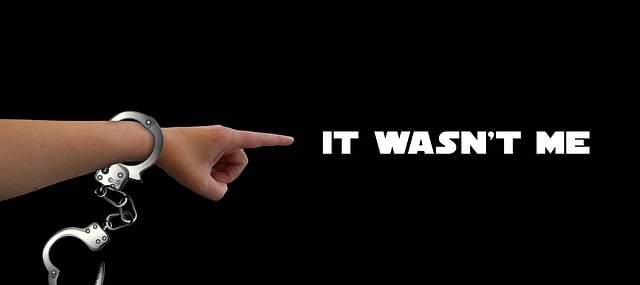
Corporate Crime Investigations often focus on uncovering violations of securities regulations, which can have significant implications in litigation. Common Securities Regulation Breaches include insider trading, fraudulent financial reporting, and manipulation of stock prices. These offenses are particularly concerning due to their potential impact on investors and the broader market.
In such cases, a thorough investigation is essential to establish liability and determine whether individuals or entities have avoided indictment by engaging in white-collar and economic crimes. A successful probe can lead to a complete dismissal of all charges, ensuring justice for victims and maintaining the integrity of financial markets.
Litigation Strategies and Evidence Collection
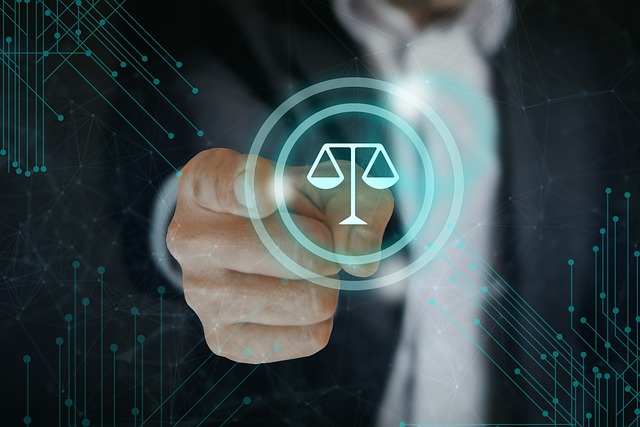
In corporate crime investigations, litigation strategies and evidence collection are paramount to securing justice. Lawyers specializing in white-collar crime often employ complex tactics to navigate the intricate legal landscape. One common approach involves leveraging regulatory frameworks like the Common Securities Regulation to uncover breaches that may have gone unnoticed by companies or individuals. These regulations provide a robust legal foundation for gathering evidence, including financial records, corporate documents, and witness testimonies.
Effective litigation strategies in these cases focus on presenting a comprehensive picture of the misconduct. This includes demonstrating patterns of deceit, money laundering, or fraudulent activities. Lawyers may use expert witnesses to interpret complex data, such as financial statements, and connect them to the underlying crimes. The ultimate goal is to secure convictions and, where applicable, achieve a complete dismissal of all charges against the accused, thereby deterring future corporate crime across the country.
Preventing Future Corporate Criminality
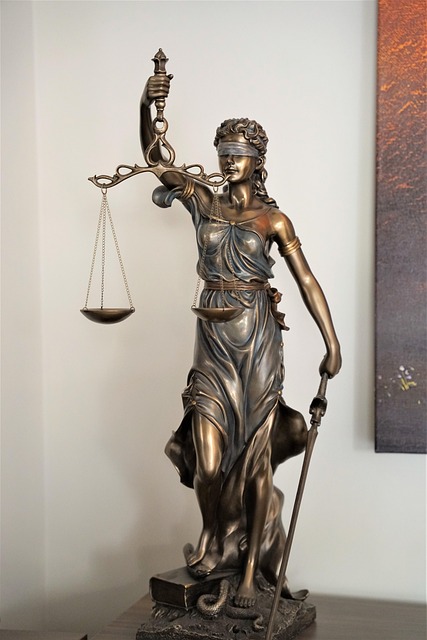
Preventing corporate crime requires a multifaceted approach that involves strengthening regulatory frameworks and enhancing enforcement mechanisms. One key strategy is to ensure adherence to common securities regulations, which are designed to safeguard investors and maintain fair market practices. By upholding these rules, companies can deter potential criminal activities and reduce the likelihood of future breaches in litigation.
Across the country, comprehensive investigations into corporate misconduct have exposed various violations, ranging from financial reporting fraud to insider trading. The success of these probes lies in the robust application of laws and regulations at all stages of the investigative and enforcement process. This includes meticulous record-keeping, transparent communication, and proactive measures to mitigate risks. Engaging in robust general criminal defense strategies can also serve as a deterrent, emphasizing accountability and the severe consequences of breaking the law.
Corporate crime investigations are multifaceted endeavors that require a deep understanding of legal frameworks, such as securities regulations, and effective evidence collection strategies. As highlighted by common securities regulation breaches in litigation, proactive measures can significantly reduce future corporate criminality. By adopting robust internal controls, conducting regular compliance audits, and fostering a culture of ethical conduct, organizations can mitigate risks and ensure long-term success. Moreover, leveraging advanced technology for data analytics and continuous legal education among executives can further bolster defenses against potential investigations. Ultimately, a comprehensive approach to corporate governance and accountability is key to maintaining integrity within the business world.
